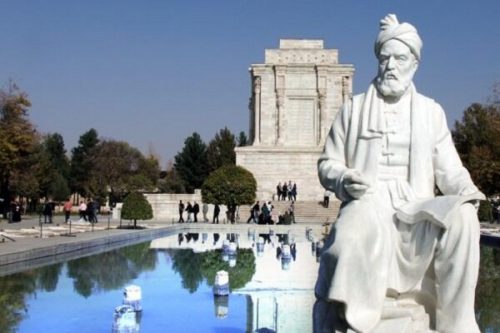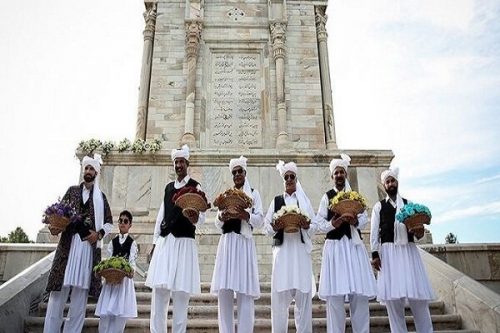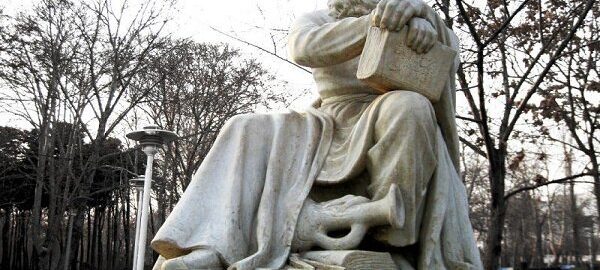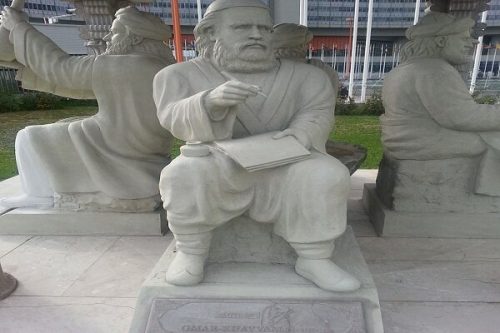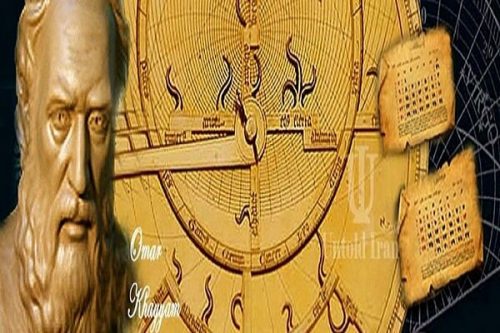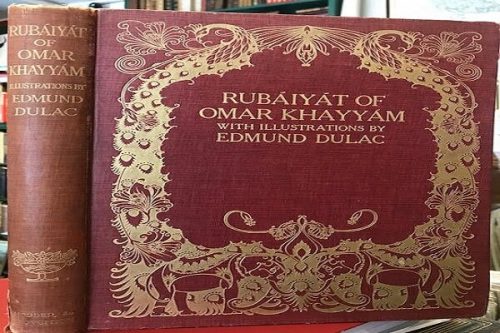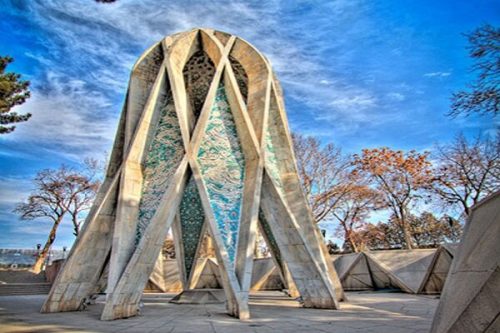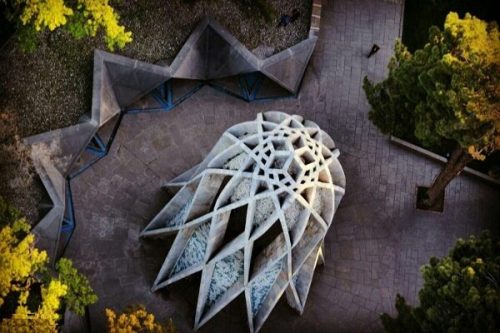The Iranian Foreign Ministry said on Monday that so long as the Palestinians lands remain under occupation and crimes against Palestinians continue the International Quds Day will be marked.
“As long as the Zionist occupation and crime exist, the International Quds Day will be commemorated,” ministry spokesman Abbas Mousavi told a regular news briefing.
Mousavi also welcomed new developments in Iraq and Afghanistan.
After months of political deadlock, finally the Iraqi political factions agreed on a new prime minister and the parliament voted for most of his proposed ministers.
Also, on Sunday Afghan President Ashraf Ghani and Abdullah Abdullah agreed on a power-sharing deal.
“There were events in Iraq and Afghanistan that helped political stability after a long time,” Mousavi said.
“As a neighbor, Iraq is very important to Iran, and it is now wrangling with the U.S. and terrorist conspiracies, and the current government is backed by Iran,” Mousavi noted.
The spokesman also expressed hope that the political agreement in Afghanistan “would be a prelude to inter-Afghan talks”.
He said Iran wants to have a stable and prosperous neighbor based on its neighborly policy. “It was important for us that this country be stable and that there were several rounds of efforts, contacts, and travels, and that the Iranian representative traveled to Kabul, and thank God, the result was good, and Iran’s role in this field is important and makes us proud.”
He added that Iran, unlike others who want to fish in muddy waters, considers Afghanistan security and stability in Afghanistan as a top priority and sees the power-sharing agreement as a prelude to inter-Afghan talks to build lasting peace in the country.
According to the power-sharing agreement, Abdullah will serve as Afghanistan’s president of the High Council for Peace and National Reconciliation.
‘Trump is disrupting world order, seeking anarchism’
On Sunday, Iran summoned the Swiss ambassador to the Foreign Ministry over possible attempts by the U.S. to block Iranians tankers carrying gasoline to Venezuela. Foreign Minister Mohammad Javad Zarif also wrote a letter to the UN secretary-general warning that any move against Iranian tankers will be “illegal”, “dangerous”, “provocative”, “an instance of piracy” and “threat to international peace and security”.
Foreign Ministry spokesman Mousavi said, “Free trade between independent states is a legitimate matter, however, the United States President Donald Trump is disrupting world order and seeking global anarchism.”
‘We hope Americans do not do anything stupid’
Mousavi added that what the U.S. has said about Iranian oil tankers is “illegal” and warned that Washington “will face Iran’s reaction if they do anything”.
“We gave the necessary advice to the Americans through the Swiss ambassador, and Zarif’s letter to the United National secretary-general reminded the consequences of any action; we hope they do not do anything ‘stupid’ in this regard.”
He added, “Iranian ships carry fuel to Venezuela and they do business legally. If Americans don’t like it, it’s up to them. I hope the Americans don’t do ‘stupid’ things because they will definitely face Iran’s response.”
‘Iranians not involved in Hariroud incident’
Regarding a tragic incident that about 18 Afghan migrants have been drowned in a river along the border between Iran and Afghanistan, Mousavi said, he said no report has been confirmed by “our security, military, and border guards” that the migrants were drowned on the Iranian side of Hariroud River.
“It is not (yet) clear how they died,” he added.
Iran has been hosting millions of Afghan since the Soviet invasion of Afghanistan in 1979 and the civil war in the country.
Following the incident, Iran has asked Afghanistan to activate its border checkpoints with Iran.
“We welcome millions of Afghan refugees, but we want these visits to be legal. Some people take advantage of the loopholes, and it is the duty of every country to protect its borders.”
The spokesman for the Foreign Ministry added that a delegation from Afghanistan entered Iran a few days ago and held talks with Iranian border guards about the incident.
Mousavi reiterated that the incident took place neither on the Iranian soil nor by Iranian forces, announcing that a delegation from Iran may visit Afghanistan in the coming days to probe the issue.
‘U.S. just makes slogans against terrorism’
The spokesman also said the United States just chants slogans against war on terrorism, but the Islamic Republic proves war on terror “in action”.
About U.S. Secretary of State Pompeo’s remarks that Iran should leave Syria, the Foreign Ministry spokesman said from time to time Pompeo says something based on his own imagination.
Mousavi said Iran’s advisory mission in Syria is based on the Syria government’s request.
He added, “We are in Syria to help them fight terrorism, what the U.S. says in the word we do in practice.”
“Our attendance in Syria does not concern the U.S. and the Zionist regime at all,” he pointed out.
‘We are still critical of Europe’s inaction’
Asked about Europe’s stance on extending the arms embargo against Iran and recent remarks by EU foreign policy chief Joseph Borrell, the diplomat said, “We don’t disrupt their thinking. They have been thinking for two years.”
He was openly referring to the U.S. unilateral withdrawal from the 2015 nuclear deal in May 2018 and reimposition of sanctions against Iran
“The situation is clear to everyone including the Europeans. We are still critical of Europe’s inaction, and we cannot count on Europe to be positive or negative.”
“We are doing our job and we hope that the Europeans will move faster,” he noted.
“At the moment, they are under the pressure of a bully and they have done nothing but talk, and any association with the bully (U.S.) will be to the detriment of the Europeans themselves.”
In response to a question about Syria, the Foreign Ministry spokesman said that Iran, Russia, and Turkey have their own mechanism for Syria. “There were discussions that some countries should be added to the (peace) process, but in the end, it was decided to be the same three countries. We do not deny any benevolent action, but we believe that the Astana process is working.”
Regarding the adoption of a law against the actions of the Zionist regime in the parliament, Mousavi said that Foreign Ministry diplomats “were present in the National Security Commission and the point of view of the Ministry of Foreign Affairs was conveyed to them. Certainly, the Foreign Ministry will enforce it if it becomes law. The fate of the Palestinian people and the Holy Quds has always been a priority for the Foreign Ministry.”
The parliamentary committee has tasked the Foreign Ministry to raise the issue of referendum in the occupied Palestinian territories at the United Nations with the participation of all native inhabitants including Jews, Christians, and Muslims.
On the news that Saudi Crown Prince Mohammed bin Salman had asked Iraqi Prime Minister Mustafa al-Kadhimi to mediate between Tehran and Riyadh, the spokesman said, “Obviously we didn’t get anything, but what we heard was media reports that he wanted the situation to be a little better between Iran and Saudi Arabia.”
However, he said, Iran has previously stated that it is ready to discuss and resolve misunderstandings with Saudi Arabia through a mediator or without a mediator.
“The region needs to move in this direction, and if they go in that direction and decide, Iran’s arms will be open.”
‘NO country in a position to decide for Syrian people’
Regarding news of a decision by Iran and Russia on the future of the Syrian government, the spokesman said, “Our relations with Syria are very close, friendly and strategic, and we and others are not in a position to decide for the Syrian people. Neither we nor Russia have pursued such a goal.”
Elsewhere the spokesman also said the United States must allow the Swiss banking channel, known as SHTA, to be active and “our resources to enter this channel from different places. We reserve the right to use these resources.”
Mousavi added he does not “know if the South Korean government has been able to get a permit from the United States. The money of the Iranian nation is in South Korea, and excuses such as sanctions and U.S. obstruction are not acceptable to us, and we want our money to enter the country.” / t.t/

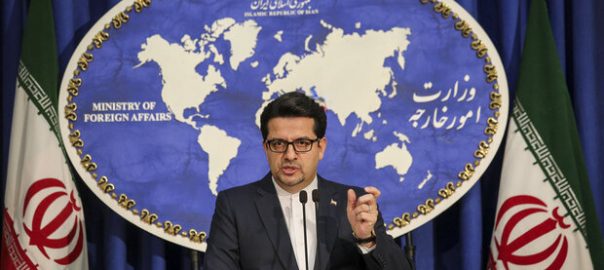
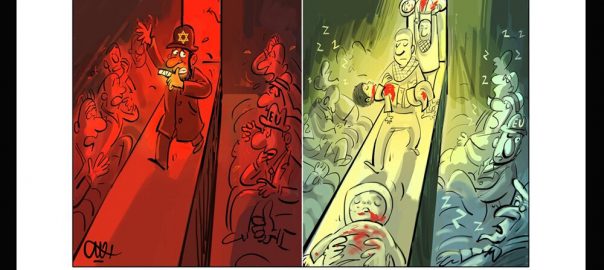
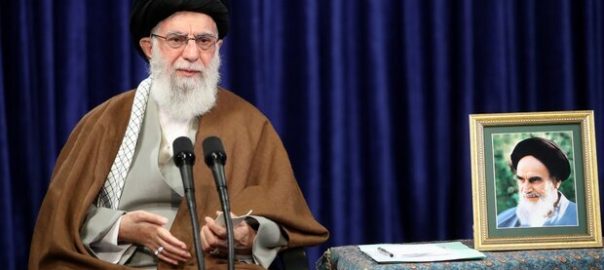
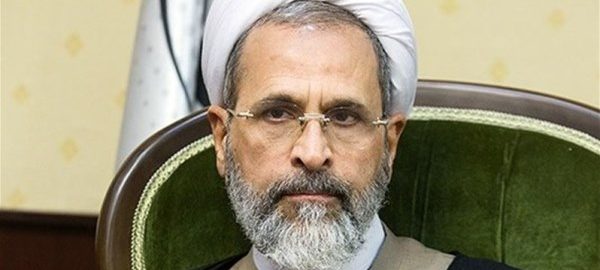
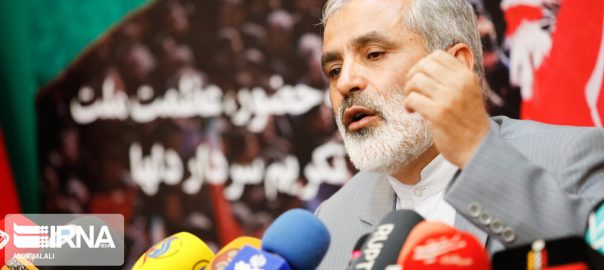
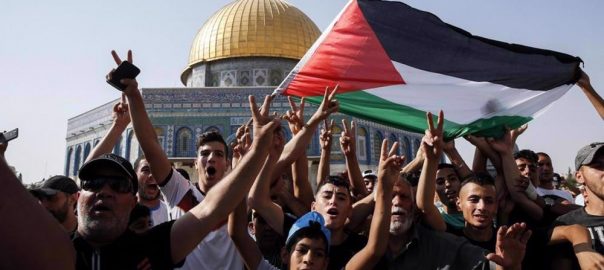
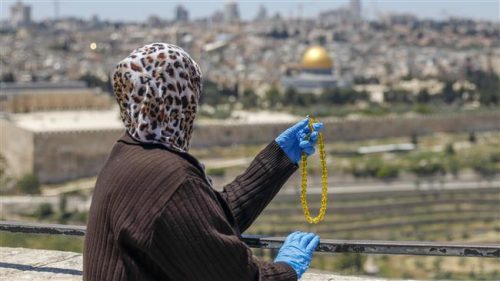
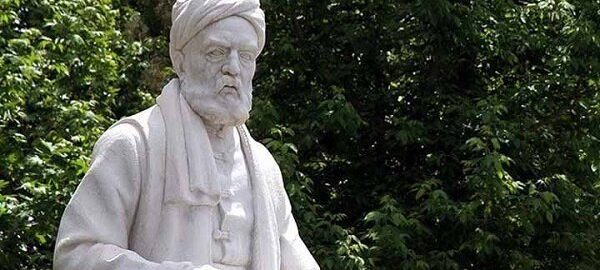
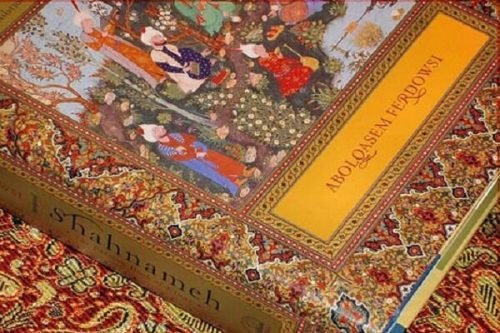 Ferdowsi started writing the Shahnameh in 977 AD and completed it on 8 March 1010. He spent over three decades writing the Shahnameh.
Ferdowsi started writing the Shahnameh in 977 AD and completed it on 8 March 1010. He spent over three decades writing the Shahnameh.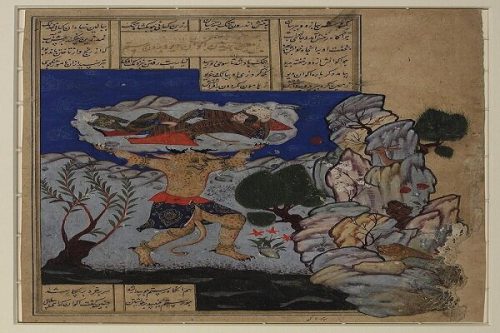 Here are some lines from his poems which Ferdowsi concludes the Shahnameh by these lines, translated by Dick Davis:
Here are some lines from his poems which Ferdowsi concludes the Shahnameh by these lines, translated by Dick Davis: